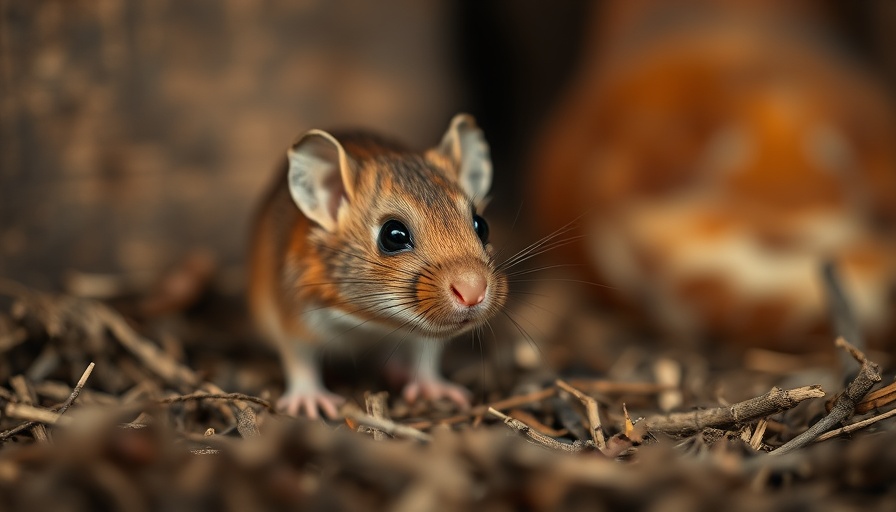
Chickens in Paradise: The Unique Situation in Hawaii
When you think of Hawaii, the picturesque beaches and lush landscapes might be your first thoughts. However, the islands, particularly Kauai, are also home to an unusual phenomenon: feral chickens. These birds have become a staple of local culture, often seen roaming freely across beaches, trails, and even school yards, much to the delight of both residents and tourists.
The Double-Edged Sword of Feral Chickens
While many enjoy the sight of these feathered friends, they also pose challenges. Locals frequently express frustration at their antics—gardeners complain about their penchant for scratching up crops, and drivers often find themselves navigating traffic jams caused by these unpredictable birds. Some residents even resort to measures like air horns and traps to manage their populations, although these methods yield mixed results. Despite these efforts, the feral chicken population continues to expand, as Hawaii lacks native predators to keep them in check.
A Brief History of Hawaii's Chickens
The story of Hawaii’s feral chickens goes back more than a millennium. Polynesian voyagers brought the red jungle fowl to the islands around 1000 years ago, and subsequent arrivals, including Captain Cook's crew in 1778, introduced domestic breeds. The closures of sugar and pineapple plantations allowed these chickens to roam wild, culminating in significant population surges after two devastating hurricanes in the 1980s.
Recent Legislative Actions
In July 2024, Hawaii passed a significant law, Senate Bill 2401, to tackle the feral chicken issue. This legislation allocates funding for control programs while aiming to educate the public on the importance of not feeding the chickens, which can exacerbate the problem. However, the approach has garnered mixed opinions, with some experts urging for further understanding of the environmental impact of these birds before drastic measures are implemented. For example, evolutionary ecologist Eben Gering has pointed out that knowing more about their ecological role is essential before deciding on extermination protocols.
The Cultural Significance of Feral Chickens
Despite the challenges, many view Kauai's feral chickens as part of the islands’ charm. Tourists often seek close encounters with them, reflecting a growing trend of viewing these birds as more than just a nuisance. As fascinating creatures that have adapted well to their island home, they represent the unique interplay of culture and nature in Hawaii.
As the debate continues, one thing is clear: feral chickens will remain a notable feature of life in Hawaii, embodying both the beauty and complexity of the ecosystem.
 Add Row
Add Row  Add Element
Add Element 



 Add Row
Add Row  Add
Add 
Write A Comment